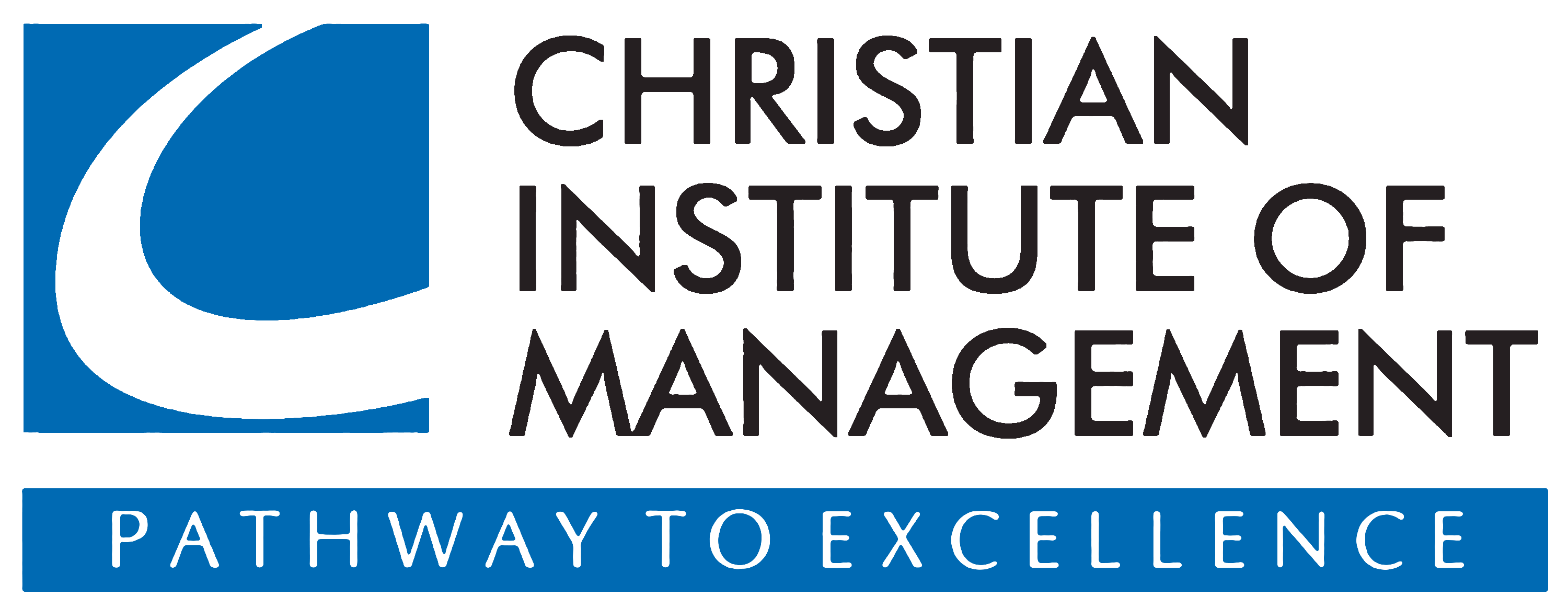From the CEO’s Desk – May 2025
- onlinecourses14
- May 12
- 1 min read
Updated: Jul 7
Ministries often confront a VUCA scenario (Volatility, Uncertainty, Complexity and Ambiguity), a concept discussed often during the COVID-19 pandemic. How do we lead our ministries amid such scenarios requires careful attention.
The risk management approach offers many solutions in this context. PRINCE2 defines risk as an uncertain event or set of events that, should it occur, will have an effect on the achievement of objectives. Risk management involves identifying the risk, analysing, mitigating and monitoring it.
In the Bible, we see that Joseph could discern and identify the risk of famine. He was appointed as the prime minister of Egypt to manage the risk. He made an elaborate plan of procuring the food grains over a period of seven years, stored them effectively and prepared the people to face the famine. When the famine actually hit, its impact was minimal, since there were enough supplies not just for the people of Egypt, but even for people from surrounding nations.
CIM guides institutions to have a proper risk management framework in place. CIM recently conducted an international consultation on Enterprise Risk Management, in partnership with the Global Trust Partners, USA. You may take a look at the papers of the consultation to have deeper insights into practically relevant and biblically sound models of risk management, covering diverse fields.
Let’s be prepared to handle the risks emerging out of both external and internal scenarios so that we will not drift away but drive our institutions effectively into the future.
Dr. Aby Alexandar



